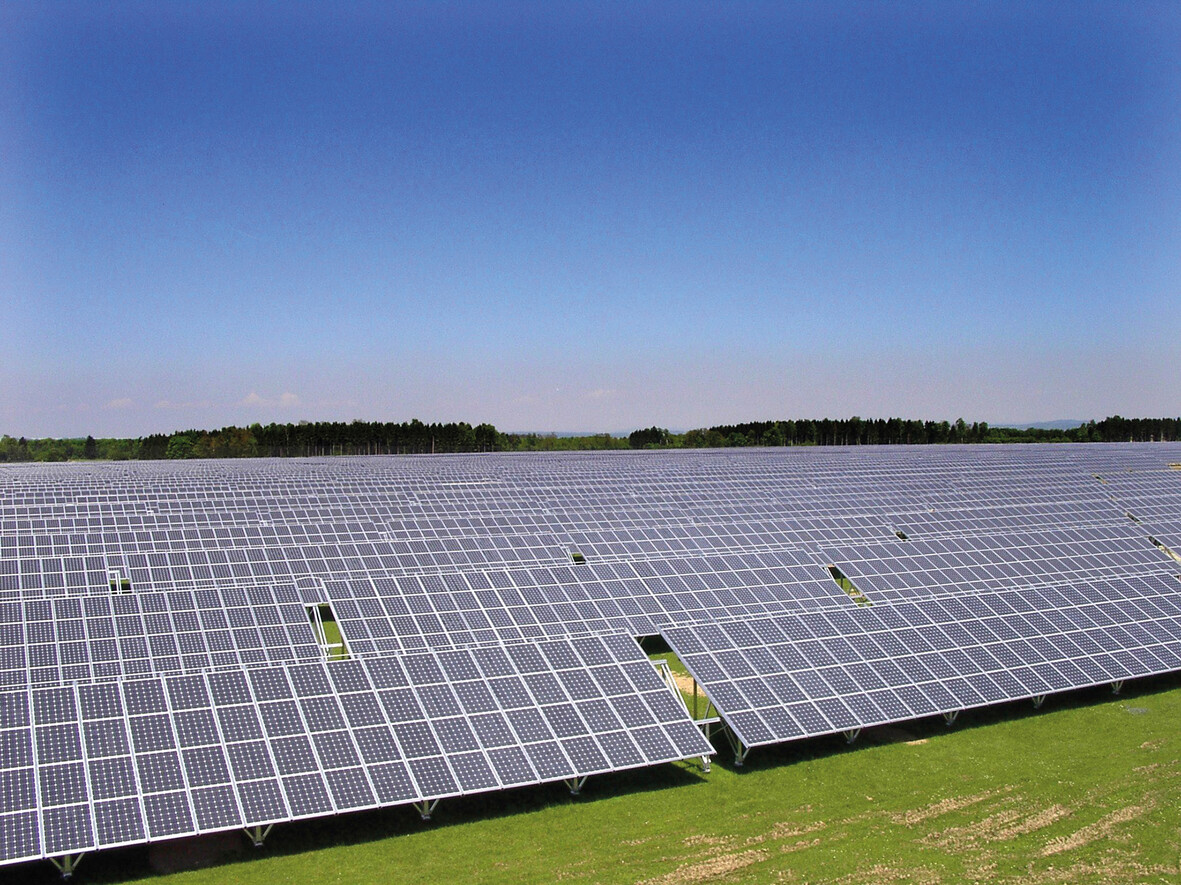From pv magazine Spain
Germany's Fraunhofer Institute for Solar Energy Systems (ISE) has revealed that the Spanish startup Greenland intends to set up a 5 GW vertically integrated solar module factory in Spain. The research institute supports this project as an advisor and will oversee everything from factory planning to joint development of advanced cell technologies, including technical support.
“To ensure the necessary international competitiveness in this highly competitive market environment, state-of-the-art production technology will be used, fully connected, in the spirit of Industry 4.0,” the Institute stated.
Engineering company Bosch Rexroth, a subsidiary of the German industrial conglomerate Robert Bosch, is in charge of planning and designing the factory. “Together with Greenland and the Fraunhofer ISE, we are creating in Seville a highly innovative factory of the future, fully flexible and fully connected to the grid, for the promising market for solar cells in Europe,” explained Thomas Fechner, head of the New Business Products Division at Bosch Rexroth.
Greenland wants to rely on state-of-the-art technology. It is planning to manufacture monocrystalline silicon wafers in the M10 format for Passivated Emitter and Rear (PERC) solar cells. These would then be built into multi-busbar interconnected half or triple cell modules with at least 540 W of power.
The factory is expected to be located within a free zone in the port of Seville, in the southern region of Andalusia. “We are very pleased that Greenland has chosen us as a partner for the selection of the start-up technology,” said Jochen Rentsch, department head in the area of photovoltaic production technologies at the Fraunhofer ISE. “We will also accompany Greenland during the start-up and subsequent technological development of the company.”
In 2019, Fraunhofer ISE was commissioned by German engineering association VDMA (Verbandes Deutsches Maschinenbau Anlage) to carry out a study on the competitiveness of the European photovoltaic industry. The study concluded that solar module production in Europe can only be achieved if a factory has a massive scale. Another significant conclusion of the study was that, taking into account that the current manufacturing costs were lower than €0.20 / Wp, the share of costs for the transport of modules as well as for the subcomponents was increasing and approaching 10%. “Therefore, local production close to the destination market and the establishment of a local value chain are essential for the profitability of European photovoltaic production and the independence from imports,” the Fraunhofer ISE experts stated. “With a pricing fair of CO2 emissions, Europe can make good use of its advantages thanks to a significantly lower CO2 footprint of the modules [and] to the combination of European electricity compared to Asian imports.”
Fraunhofer ISE Institute director Andreas Bett sees the project as one more sign that European companies and investors have recognized that the time has come to return to Europe not only technological but also industrial sovereignty in the field of solar energy.
“European research centers are currently developing some of the most advanced technologies in the world, for example tandem solar cells that achieve the highest efficiencies, leading to reduced space and material savings, but also production technologies, sustainable projects that take into account the circular economy and recycling,” he stated. “Supporting investments in these key technologies at the EU level will reinforce European leadership in key strategic technologies.”
This content is protected by copyright and may not be reused. If you want to cooperate with us and would like to reuse some of our content, please contact: editors@pv-magazine.com.



1 comment
By submitting this form you agree to pv magazine using your data for the purposes of publishing your comment.
Your personal data will only be disclosed or otherwise transmitted to third parties for the purposes of spam filtering or if this is necessary for technical maintenance of the website. Any other transfer to third parties will not take place unless this is justified on the basis of applicable data protection regulations or if pv magazine is legally obliged to do so.
You may revoke this consent at any time with effect for the future, in which case your personal data will be deleted immediately. Otherwise, your data will be deleted if pv magazine has processed your request or the purpose of data storage is fulfilled.
Further information on data privacy can be found in our Data Protection Policy.